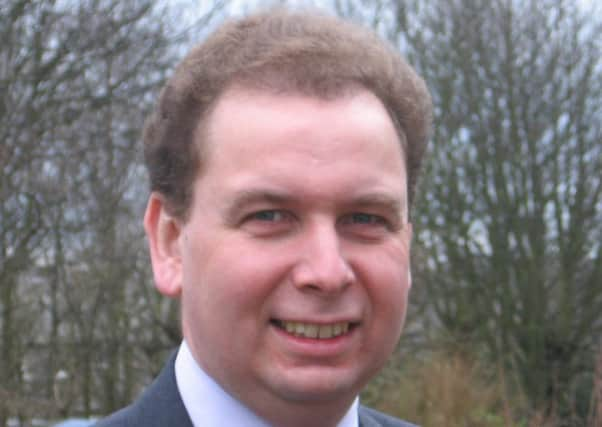Gordon Macdonald: Human rights now a forum for organised interest groups and the politically powerful


The UDHR was adopted in 1948 following the atrocities of Nazism and Fascism, the horrors of the Second World War and the spectre of Communist totalitarianism threatening the post-war world. The aim was to create an international legal order where state power would be limited and the potential for its abuse curtailed. Human rights were not invented in 1948, but simply codified and recognised by the international community.
Prior to 1948, there had been a long tradition of human rights in Europe dating back as far as the Edict of Milan in 313 which gave religious liberty to Christians living in the Roman Empire. The Christian worldview brought about a seismic shift in conceptions of the nature and appropriate use of state power. The absolutism which exemplified state power in the ancient pagan world was rejected. During the Middle Ages, the separation of secular and spiritual authority was increasingly articulated with the Church having a teaching role on moral matters and the state a juridical role. It is from this root that modern human rights theory developed.
Advertisement
Hide AdAdvertisement
Hide AdHuman rights are essential in any society which seeks to promote the wellbeing of its citizens. They are derived from a Christian understanding that each and every person has intrinsic worth and value and that there are limitations placed on the authority and power of the state. The power of the state is itself derived from a higher authority and dependent upon the moral law of God for its legitimacy.
Crucially, we should remember that human rights are not an end in themselves, but rather a means to an end. They provide a legal mechanism whereby the state respects the intrinsic value and worth of every person who resides under its jurisdiction and recognises the different spheres of authority within society (eg state, church, family).
As we abandon the Christian worldview, there is a danger that human rights become viewed as the new moral code for our post-Christian secular society. In this context the state increasingly assumes absolute authority and power to promote its view of the wellbeing of its citizens in an attempt to create a utopian society.
This is a dangerous trend in which human rights become corrupted and restrictions are placed on religious liberty, freedom of expression and the right to private and family life in order to achieve the state’s communal goals for society.
In practice, human rights become a forum for the exercise of power by organised interest groups and those who are politically powerful. The right to freedom of thought, conscience and religion is privatised with the freedom to manifest religious belief in public being increasingly curtailed.
The rights of those who are vulnerable are given secondary importance to the autonomy of those most able to articulate their demands. The inalienable right to life is compromised with people coming under pressure to go along with the destruction of human life, even if they themselves are opposed to it.
There are numerous examples of this trend of subverting true human rights. One is the UN Human Rights Committee’s reinterpretation of the right to life to include the termination of life in certain circumstances and the full decriminalisation of abortion. The latter would allow abortion up to birth for any reason and would also undermine the rights of health professionals to refuse to participate in abortions on grounds of conscience.
The hate crime laws being proposed by the Scottish Government may well disproportionately restrict freedom of speech or assembly and suppress the manifestation of religious or other belief. The right to private and family life is undermined by initiatives like the Scottish Government’s Named Person scheme and the proposed ban on parental smacking of children. Presumed consent for organ donation and promotion of transgender ideology to children also highlight a state which is overstepping its remit.
Advertisement
Hide AdAdvertisement
Hide AdIn considering how to advance human rights in Scotland, therefore, it is important to return to a proper understanding of human rights and the limits they place upon state power. They exist to protect individuals and communities from the abuse of state power, not to provide a vehicle by which the state can impose its own ideology and objectives upon its citizens.
Dr Gordon Macdonald is Parliamentary Officer for CARE for Scotland